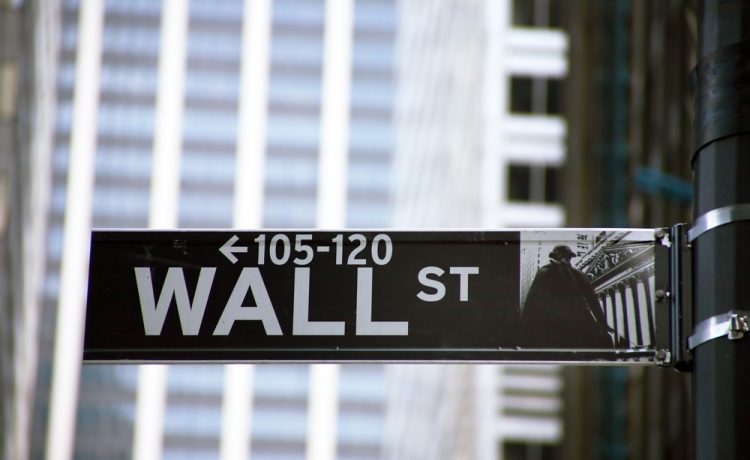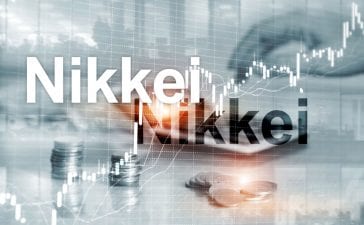Japan’s Nikkei 225 index edged down 0.1% to 40,067.13, Hong Kong’s benchmark bounced back 2.3% to 16,539.01, the Shanghai Composite index added 0.1% to 3,051.35, and the Kospi dipped 0.3% to 2,642.13
Asian stocks were mixed on Wednesday after tumbling Big Tech stocks dragged Wall Street to its worst day in three weeks.
U.S. futures and oil prices gained.
Japan’s Nikkei 225 index edged down 0.1% to 40,067.13.
Hong Kong’s benchmark bounced back 2.3% to 16,539.01 ahead of reports by top Chinese economic officials on the sidelines of the annual session of the country’s legislature. It had dropped 2.6% a day before, after China’s premier said the country’s target for economic growth this year is nearly 5% and outlined plans for only modest stimulus to spur spending and investment.
The Shanghai Composite index added 0.1% to 3,051.35.
While China is selling economic resilience, if not, rejuvenation, no one is buying as yet. Of concern is the frugality of stimulus measures and signals embedded in the NPC, Tan Boon Heng of Mizuho Securities said in a commentary.
In Seoul, the Kospi dipped 0.3% to 2,642.13.
South Korea’s inflation accelerated in February, with the CPI increasing 3.1% compared to the same month a year earlier, per official data Wednesday. The Bank of Korea held interest rates stable for a ninth consecutive meeting last month, while the inflation rate remains higher than the annual target of 2%.
Elsewhere in Asia, Australia’s S&P/ASX 200 gained 0.1% to 7,735.80 after the Australian Bureau of Statistics said the economy expanded at a 0.2% pace in the final quarter. India’s Sensex slid 0.1% and Bangkok’s SET gained 0.9%.
On Tuesday, the S&P 500 declined 1% to 5,078.65 for its second consecutive loss after closing last week at an all-time high. The Dow Jones Industrial Average (DJIA) dropped 1% to 38,585.19, and the Nasdaq composite led the market down with a 1.7% decline to 15,939.59.





